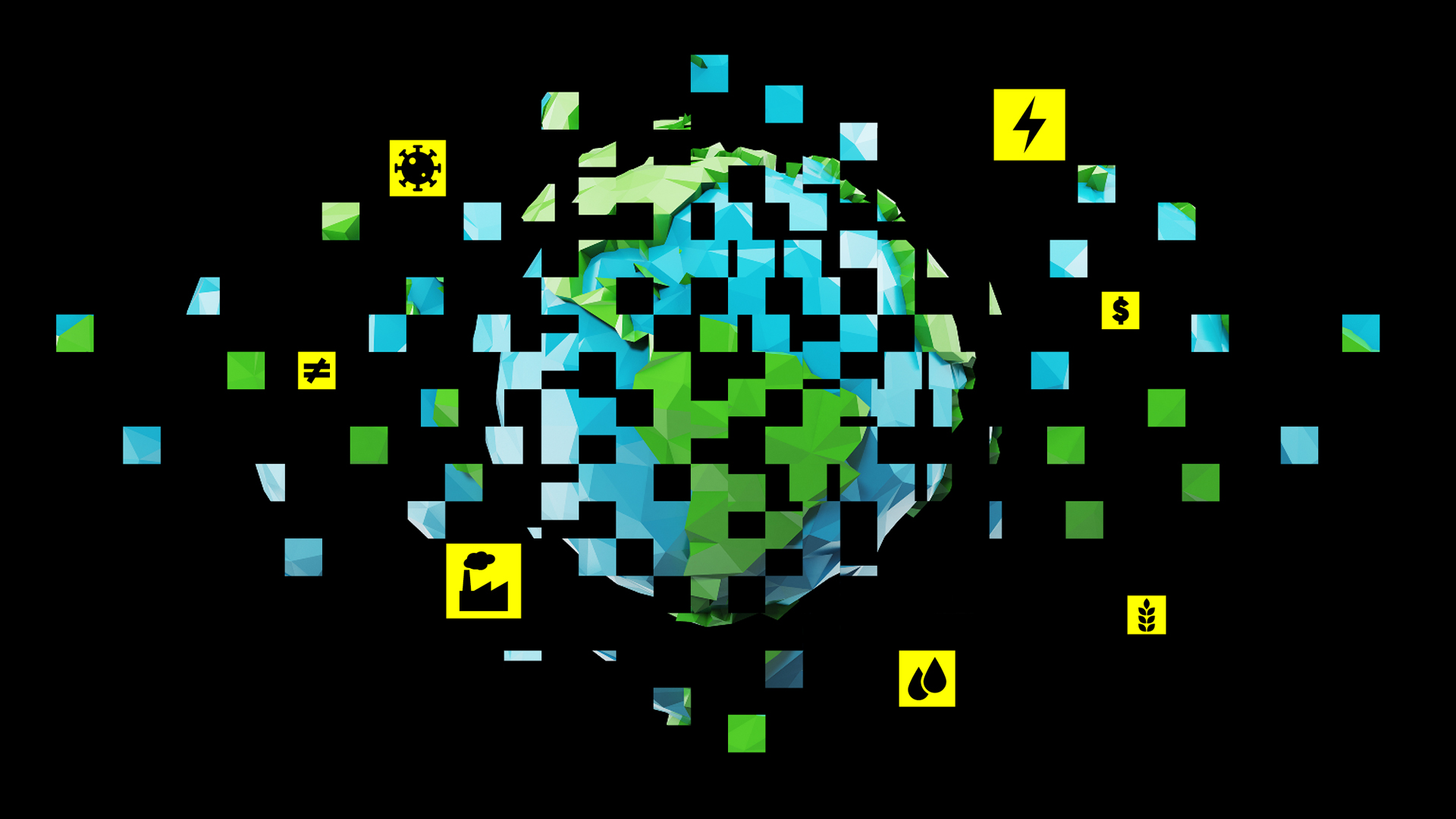Daring to Hope for Solutions to Global Problems
Four events are bringing global leaders together in 2021: the G7 summit, the UN’s nuclear Nonproliferation Treaty talks, the G20 summit and the COP26 climate change conference. In each case the meetings provide an opportunity to get to grips with critical challenges of our time. Without timely action, these problems will overwhelm human ability to correct them.
The problems these leadership groups could help fix are addressed in former UK prime minister Gordon Brown’s latest book, Seven Ways to Change the World: How to Fix the Most Pressing Problems We Face (2021). Among the crises he sees on the world’s doorstep are global inequality, including tax avoidance by multinational companies and uneven COVID-19 vaccine distribution; a new nuclear arms race; an unstable global economy, where rich and poor countries continue to draw farther apart; and inadequate reductions in carbon emissions. But there’s a hitch: most politicians don’t think globally. They’re subject to short-termism, do not focus on the nitty-gritty, nor are easily pried away from national or domestic interests.
“Politicians are not intrinsically well suited to dealing with the intricacies of crises, economic or otherwise.”
Brown is somewhat unusual for a former national leader. He has chosen to dedicate himself to continuing to work for the resolution of world problems. His perspective is not the narrow nationalism that has consumed so many leaders and countries of late, but rather the view from the moral high ground of global cooperation.
Brown is concerned about what he calls the world’s “ungoverned spaces.” By this he means not just failed or fragile states but rather “the entire global environment—polluted oceans, desiccated forests and fast-expanding deserts. They span the global financial system: offshore financial centres and illicit flows of money, as well as tax havens that facilitate the looting of public coffers by the world’s least needy. And they include the world’s thermonuclear safety regime, ever more technologically sophisticated but also, like cyberspace, ever more vulnerable to accidents and manipulation.”
In a specific example of moral myopia, he notes that 2020 “will be remembered for our collective failure as an international community to come together and manage the most severe global health and economic emergencies we have faced in peacetime.” That’s to say, vaccine nationalism and medical protectionism is what is preventing vaccines being shared equitably.
The existential challenges and potential solutions under discussion are not unfamiliar to Vision readers: pandemics, economic recovery, global green policies, universal education, humanitarian outreach, greed and corruption, and nuclear proliferation. On these complex issues Brown delivers detailed analysis and proposals.
There is, of course, one massive caveat. They will work only if everyone gets on board, because “we know that no one is safe anywhere until everyone is safe everywhere.” He knows that existential problems affecting humanity at large cannot be solved piecemeal or by individual nations, well-intentioned groups or an individual human leader.
“All these questions are, of course, complex and demand detailed enquiry, but they have one characteristic in common: they are global problems that need global solutions.”
But because human nature is the perpetual fly in the ointment, international cooperation only occasionally wins out over national self(ish)-interest; even then, the actors generally participate on the basis of cost-benefit analysis.
It would take a global mind change of a spiritual kind to effect lasting solutions to these existential problems. As a famous general said following World War II, “it must be of the spirit if we are to save the flesh.”
In the Vision article collection Global Problems, Global Solutions, we look at radical answers to the kinds of problems Brown so ably sets out and valiantly tries to solve. From warfare to food and water inequities, injustice to ideal government, we show that there really is only one permanent solution. But will we accept it? If we will, then we can dare to hope for permanent global solutions.

